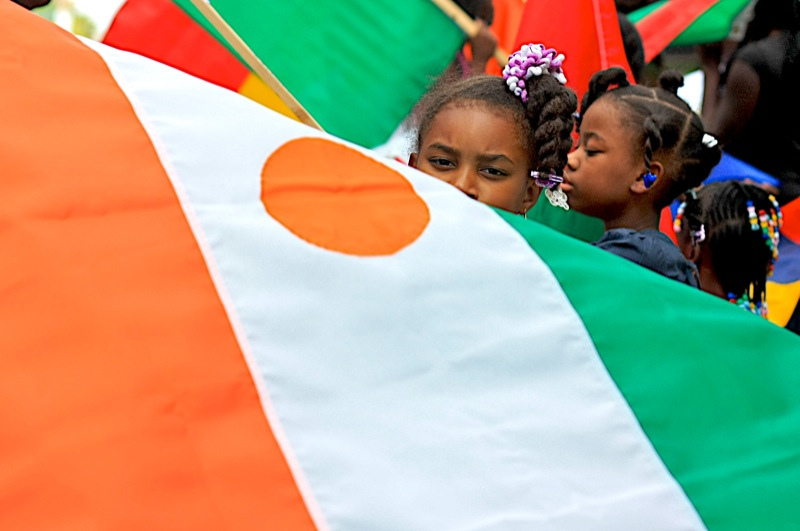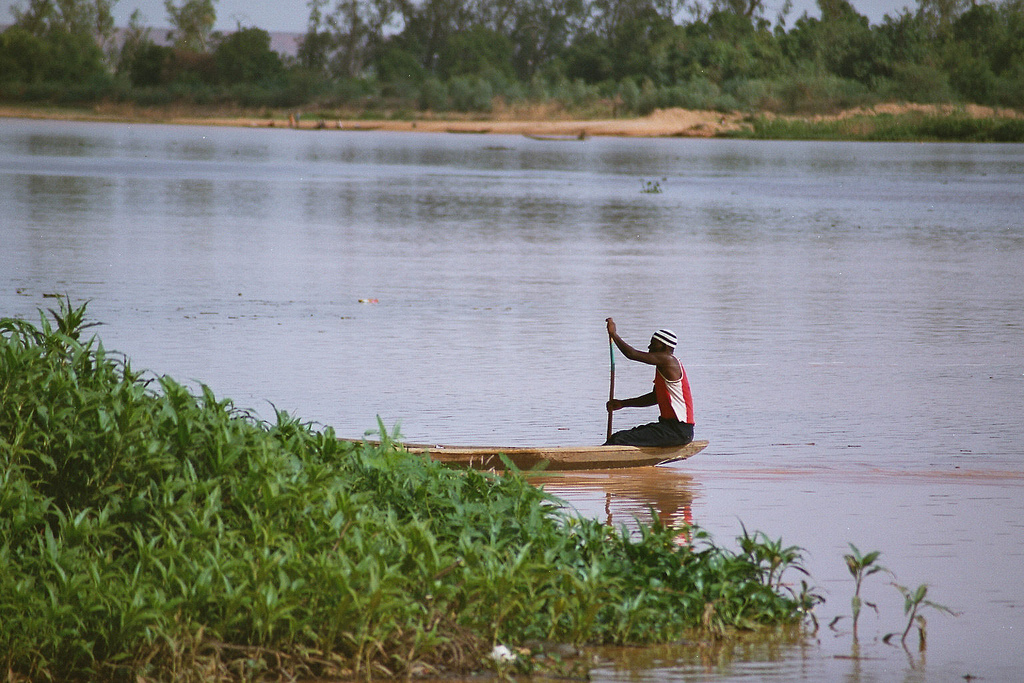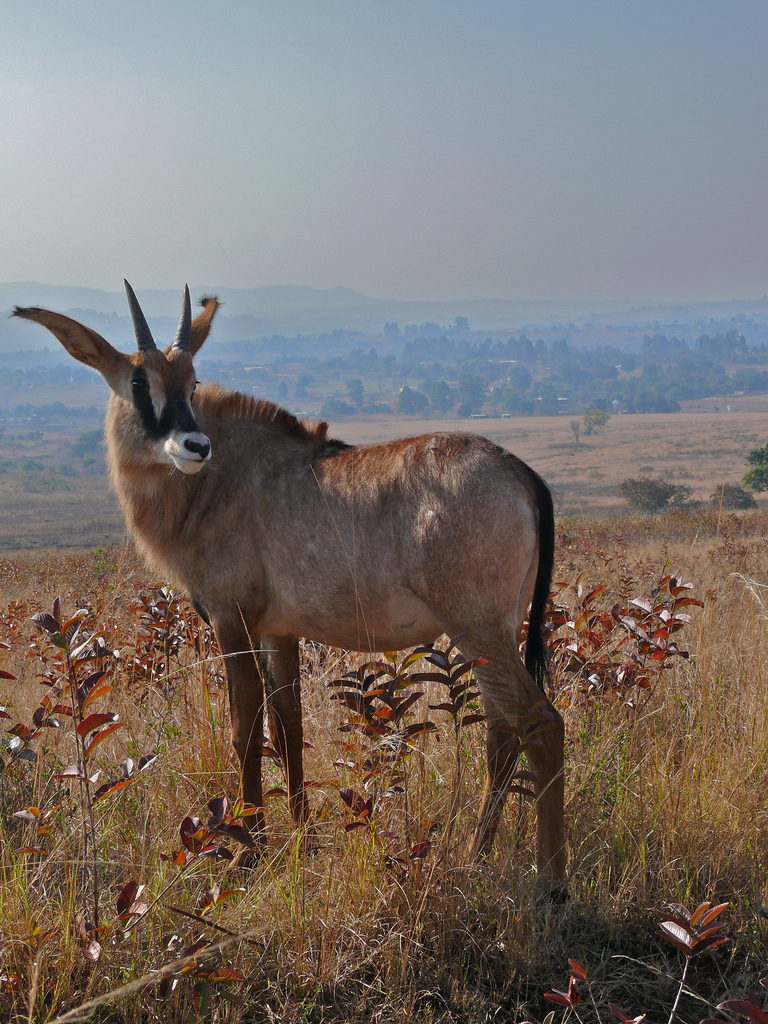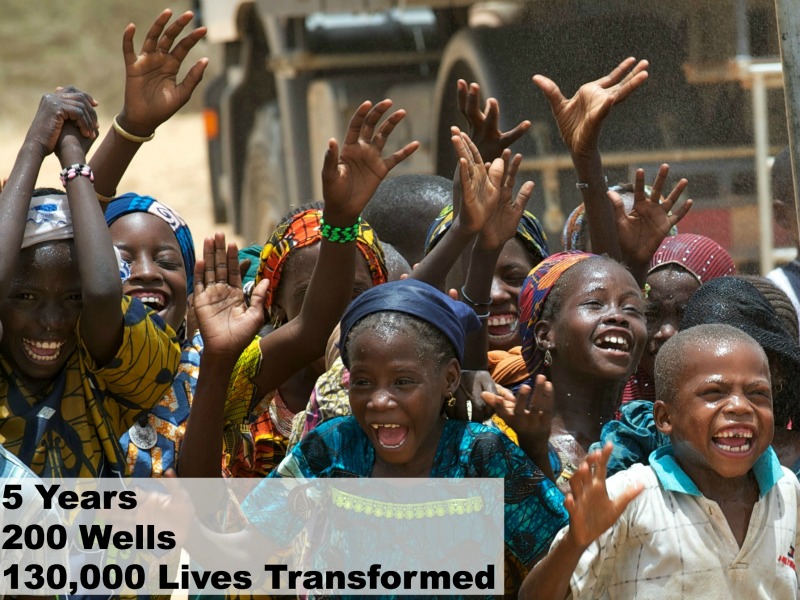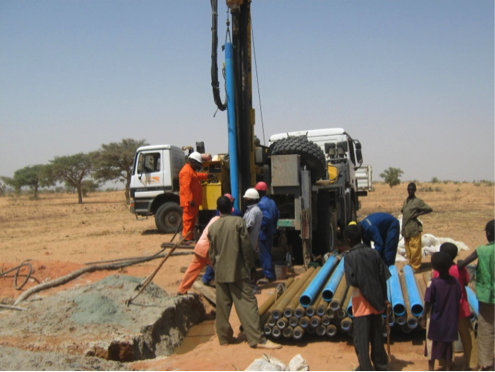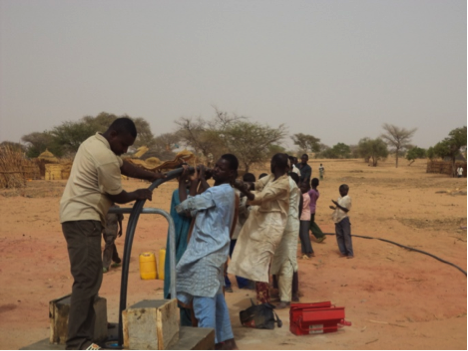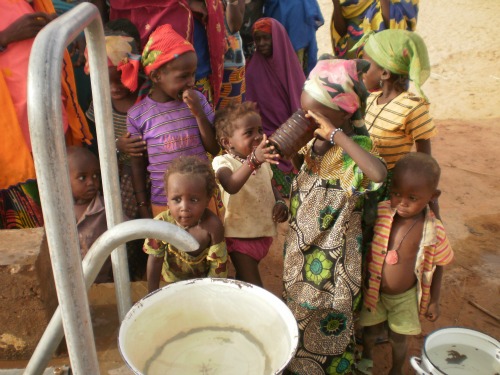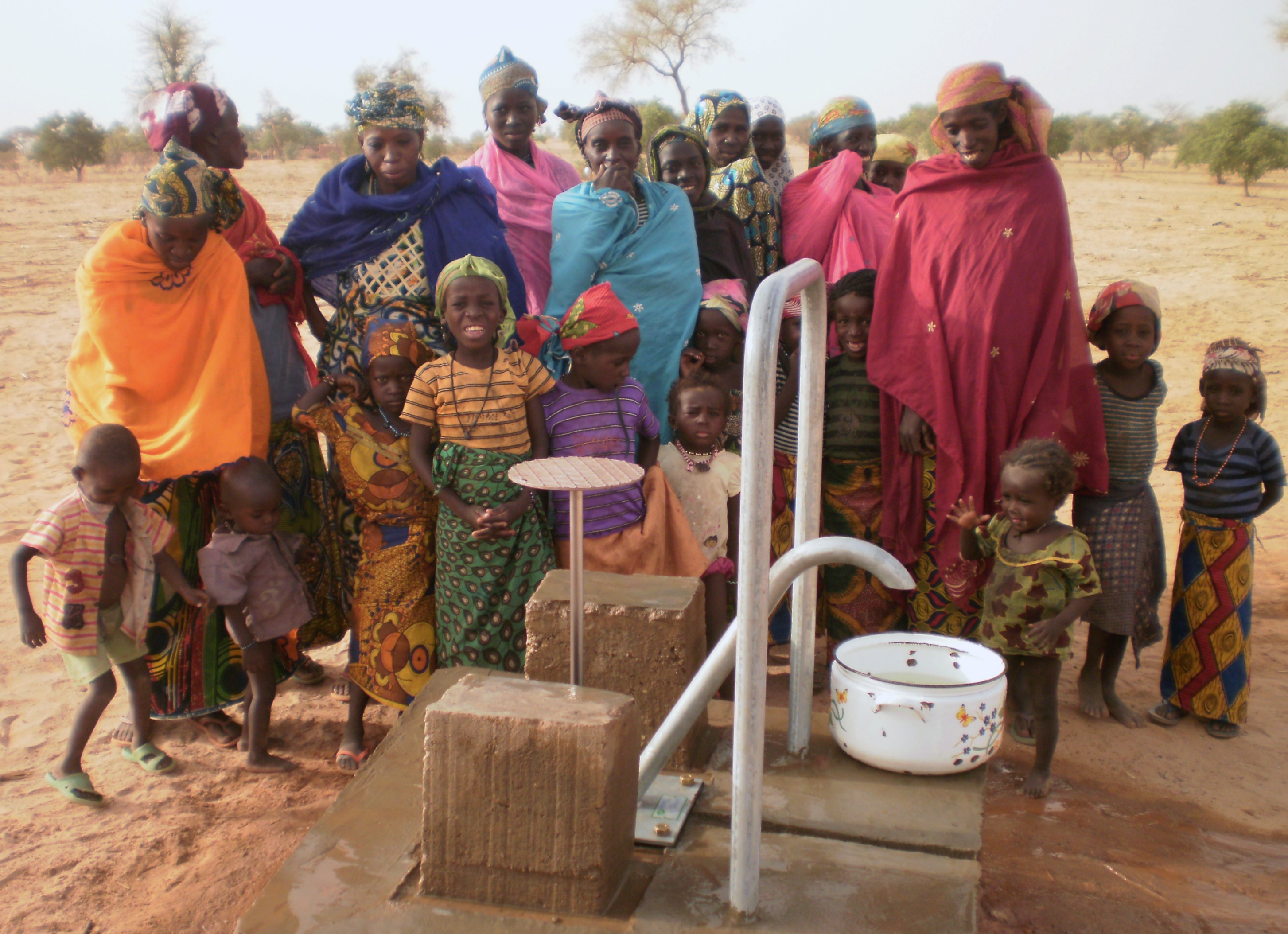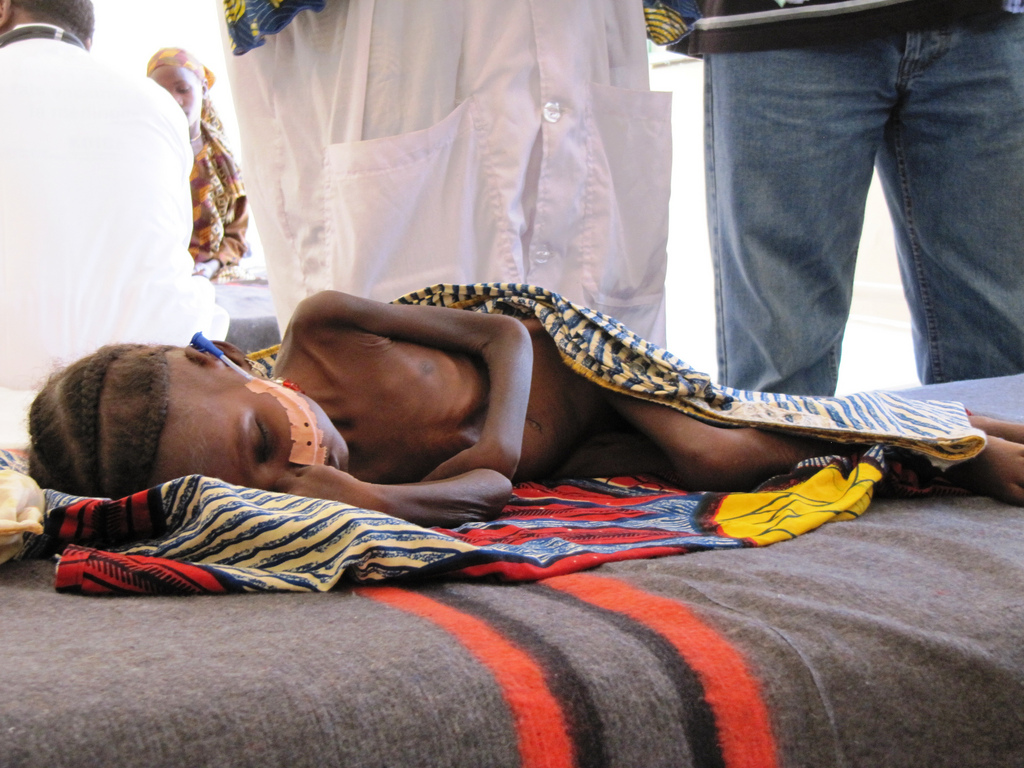Comedian Ricky Gervais recently got into hot water after he slammed Beyonce, Rihanna, and Katy Perry for saying that they sent prayers to Oklahoma after the catastrophic tornados. He wrote “I feel like an idiot now…..I only sent money.” His point was that there are real, tangible things that can be done to help in a crisis. So
concern, prayers, good thoughts, and best wishes, are most effective when
they are combined with actual action.
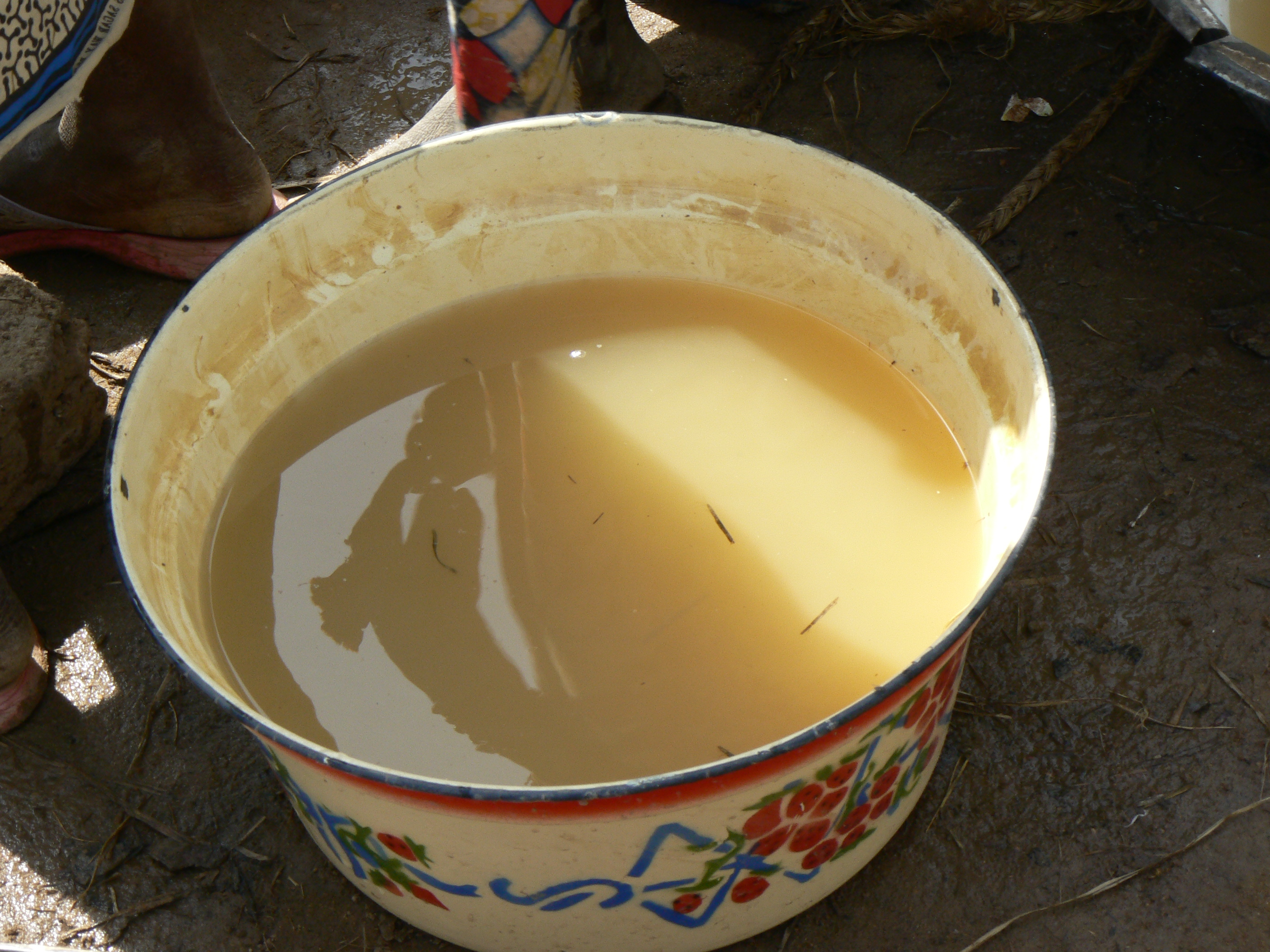 |
| {source: Barbara Goldberg} |
The water crisis is about as big and deadly as it gets. There are 345 million people in Africa who lack access to clean, safe water. I saw it firsthand when I had the opportunity to go to Niger, West Africa in January 2012. On that trip, I visited a village without “safe water,” which meant that the women and girls would have to walk for miles to a filthy water hole to get any form of water. They would fill a large bucket with foul, brown, disgusting water and trudge back to their village carrying the heavy load on their heads. Water so filthy that I wouldn’t even give it to my pets was their only source of water for cooking and drinking. Forget about hygiene - water is too precious and rare to be used for hand washing or showers. Because of all this, more than 3.4 million people die each year from water, sanitation, and hygiene-related causes.
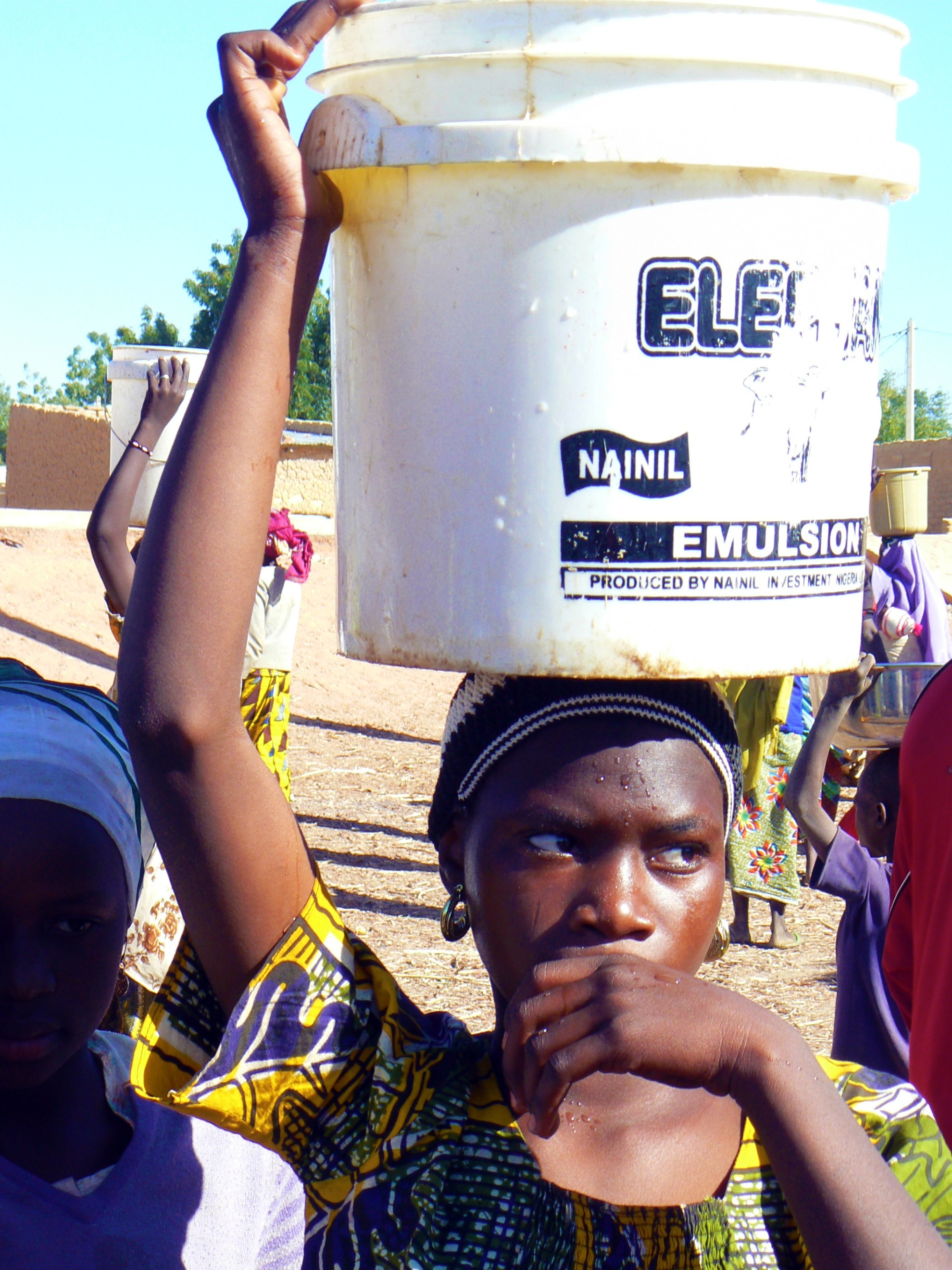 |
| {source: Kristin Allen} |
When a village gets safe water, THEN life can begin. Women can work, girls can go to school and create a future for themselves, infant mortality is drastically reduced, as are serious diseases such as trachoma and Guinea worm. I think Ricky Gervais' point is worth thinking about: when we are concerned about something, it is important to combine action with concern, when at all possible. There is so much need in the world that you can't possibly address it all, however, just because you can't fix everything, doesn't mean you can't contribute towards something; and anything is better than nothing when it involves saving lives.
